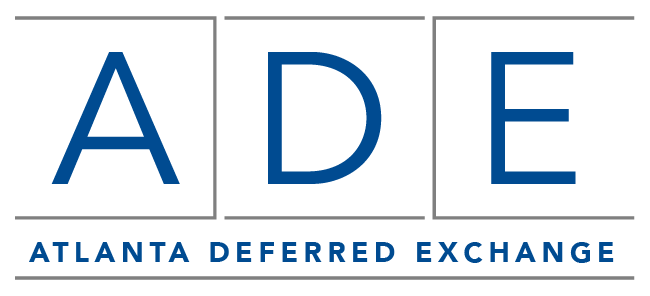
One question that often arises in our conversations about 1031 exchanges is if related parties can play a role. Often, exchangers want to know if they can sell to or buy a property from a family member, related entity, or trust that they control and still have a valid exchange. In a standard 1031, the taxpayer sells a “relinquished” property and then buys a “replacement” property to complete the exchange. Although the taxpayer can sell their relinquished property to anyone, there are rules that restrict them from buying the replacement property from a related party. Much of the confusion regarding this area comes first from the definition of “related party” and secondly from which side of the exchange- the relinquished or replacement- that involves the related party.
So what is meant by “related parties”? For purposes of the like-kind exchange rules, the comprehensive definition is found by looking at related parties as defined under IRC Section 267(b) and Section 707(b). The most common example would be persons directly related by blood or where the percentage of ownership in an entity by related persons exceeds 50%. Example: Sue wants to exchange to property owned by Atlanta, LLC. Sue owns a 40% membership interest and her sister owns a 15% interest. This would be a related party transaction because Sue and her sister are directly related by blood and their combined ownership percentage is 55%, which is greater than 50%. Also falling under the related party definition is a trust in which the taxpayer is the fiduciary and the related party is a beneficiary —either of that same trust or a related trust or a fiduciary of a related trust.
Falling under the definition of a “related party” does not necessarily mean that you cannot participate in the exchange. It ultimately depends upon the role you play in the whole transaction. On the selling side or relinquished part of the transaction, it is allowable to sell to a related party. There is a common misunderstanding that if the taxpayer sells the relinquished property to a related party, the related party is then required to hold the property for a minimum of two years before selling. This belief stems from IRC section 1031(f) that requires a two-year holding period after an exchange between related parties. However, since this was issued in 1989, the IRS has further explained that the two-year holding requirement only applies if the taxpayer is doing a direct trade or swap with a related party. For example, Mary can sell her relinquish property to her mother and her mother would have no holding requirement. However, if Mary and her mom execute a simultaneous swap in which they simply trade properties, then each of them is required to hold the property they receive for a minimum of two years. If either property is sold within the two-year time period, then the tax benefits of the exchange are rolled back and the gain must be recognized by both parties.

Unfortunately, trying to buy replacement property from a related party is more problematic due to past abuses that the IRS has attempted to address. (Taxpayers that owned properties in multiple entities were “gaming” the system by doing last-minute trades to shift a more advantageous basis into the property being sold. Consequently, the two-year holding requirements found in section 1031(f) were added.) So today, if a taxpayer wants to buy replacement property from a related party, an analysis must first be done. If the gain in the property owned by the related party is less than the gain being deferred by the taxpayer, then it is seen as a low basis to high basis transaction and violates Section 1031(f).
Sadly, most related party transactions fit this fact pattern. But there is good news. The IRS has allowed three exceptions that are outlined in the instructions for IRS form 8824, the form required for taxpayers executing a 1031 exchange.
Generally, it is allowable to purchase replacement property from a related party if:
1. The disposition of property is in a non-recognition transaction. This occurs when the related party selling the replacement property is also doing an exchange; or if
2. There is no tax advantage from the shifting of basis between the related parties in an exchange. Consequently, the related party is paying as much or more tax as a consequence of the sale than what is being deferred; or if
3. The exchange of undivided interests in different properties results in each related party holding either the entire interest in a single property or a larger undivided interest in any of the properties. This occurs when related parties own multiple undivided interests in multiple common properties and direct trades are being done so that each can own all the interest in just one property. In this case, the two-year holding requirement does not apply.
In summary, you can complete 1031 transactions with related parties, but you must be aware of the rules that govern such transfers. It’s much easier to sell your relinquish property to a related party, than to buy your replacement property one from a related party, though it is allowable in certain circumstances.
If you have any additional related party transaction questions, please feel free to contact us directly. We have additional resources that we are happy to share.
